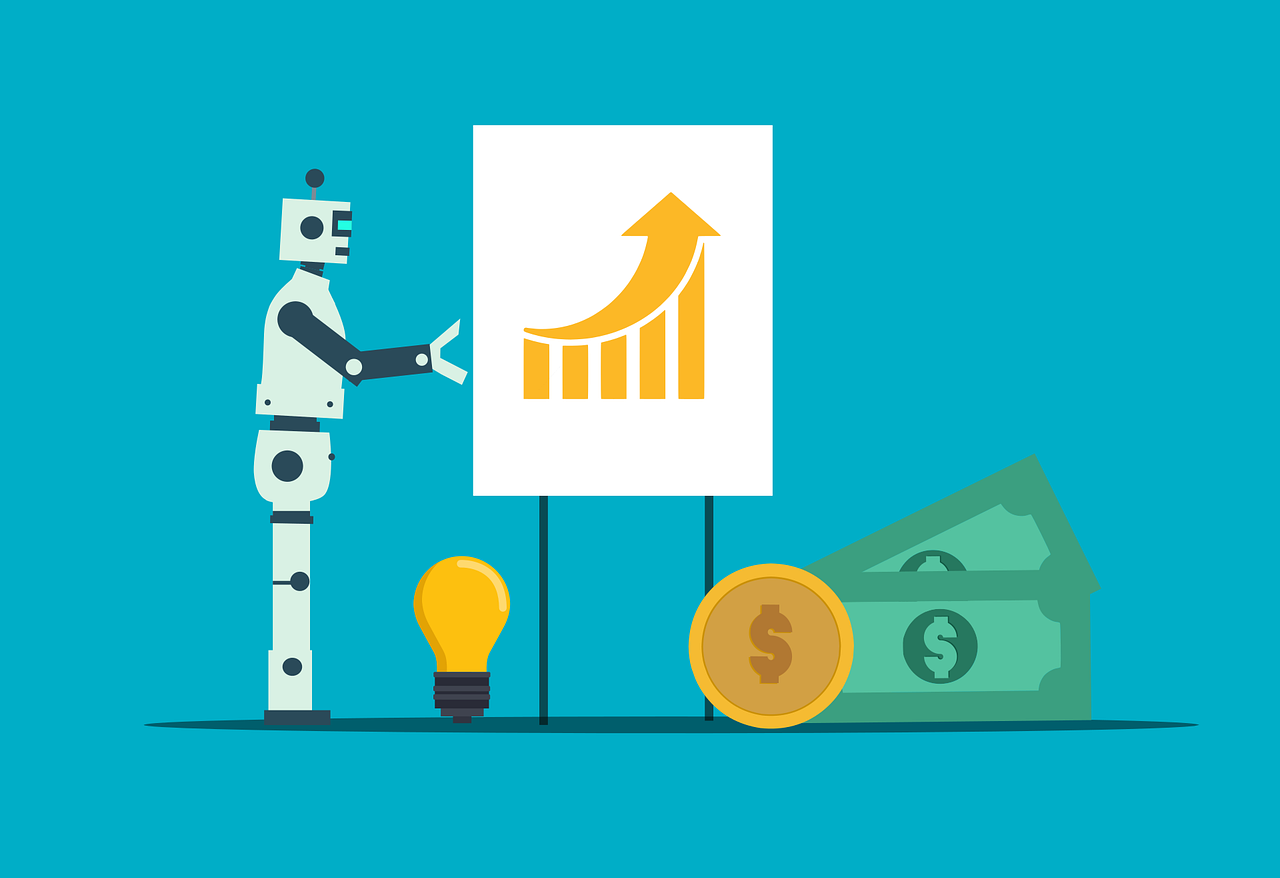
A company's research and development department can contribute to the development of innovative products.
Research and development is a concept that refers to activities promoted by governments, institutions and companies with the aim of generating knowledge and thus promoting the creation of new services and products . Such actions may also aim to optimize benefits and assets that already exist.
The notion is usually known by the abbreviation R&D. Sometimes, the idea of innovation is incorporated, which means R&D&i .
It should be noted that research is a task that is carried out with the aspiration of achieving a discovery or to know the composition, characteristics or functioning of something. The notion of development , meanwhile, refers to a realization or an advance.
Research and development characteristics
The concept of research and development is usually linked to the work you do in science and technology . It covers both issues of basic research (focused on theory) and applied research (aiming at the production of practical solutions).
These types of activities are promoted by both the State and private companies. In the case of corporations, since research and development efforts do not offer immediate results, they are usually considered a bet on the future that carries certain risks.
In any case, R&D generally arises from a public-private effort. It is common for the State to offer financing , subsidies , grants and tax incentives to entities for the implementation of tests, the construction of prototypes or the creation of services, products, procedures, materials, etc. This is because it is understood that scientific research and technological development contribute to the generation of wealth and satisfy the needs of citizens.
Based on these premises, there are government research programs that are part of the science and technology policy implemented by the authorities.

Financing of research and development is carried out with state and private funds.
Its importance in the corporate sphere
The research and development area is present in many companies, especially those of large size. Innovations can help increase quality, reduce costs, or increase sales, to name a few possibilities.
Likewise, these activities contribute to the company's independence in technological matters. Having a team that can solve challenges and contribute to progress without having to resort to external agents is an advantage.
Specialists, in this context, maintain that a research and development department can be key to the survival and expansion of an organization. That is why the money allocated to these tasks is considered an investment and not an expense, even when there is no certainty of future benefits.
At the other extreme, it can be said that companies that do not invest in research and development suffer from stagnation. In a world that changes at great speed, with dynamic markets, this paralysis can make the offer, structure and processes obsolete.

Research and development teams are important in a company.
Human resources in research and development
Human resources are essential in research and development actions. People with advanced technical skills in their field and who know how to exploit their creativity are needed.
Those who work in research laboratories are often professionals with a doctorate or even a postdoctoral degree . They may be specialists in engineering , mathematics , biotechnology , robotics or other sciences and disciplines. Through data analysis , simulation models, experimental design and other actions, these men and women are in a position to promote innovations.
Hiring R&D personnel is a challenge for companies, which must be able to seduce recruiting experts. Once this stage has been overcome, the challenge of talent retention arrives.
The case of Argentina
We can take the case of Argentina as an example to understand how a country can commit to promoting research and development.
According to 2022 indicators, in this South American nation, public science organizations increased their investment by 13% year-on-year. Investment in R&D, meanwhile, reached 0.55% of the Gross Domestic Product ( GDP ).
Beyond Argentina 's economic problems, the public sector was responsible for 59.6 % of research and development financing, surpassing the private sector ( 22.5% ) and the contribution from abroad ( 17.9% ).
Statistics indicate, on the other hand, that more than 127,000 people were dedicated to research and development during 2022 , half of them with postgraduate studies.
By putting these figures in perspective, it is possible to have an overview of the Argentine situation in R&D. Just as its investment in this field does not reach 0.6% of GDP, its neighbor Brazil almost doubles this percentage ( 1.17% ). The United States , meanwhile, makes an investment in R&D that rises to 3.45% of its GDP, while South Korea reaches 4.81 %. The leader, however, is Israel , whose investment in research and development represents 5.44% of GDP.
